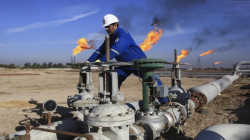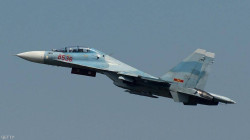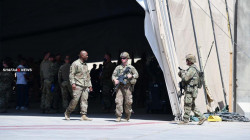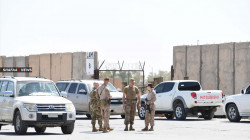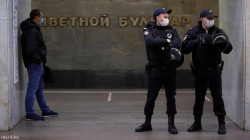Report: Russia eyes arms sales to Iraq, but experts say there’s competition ahead for the Kremlin
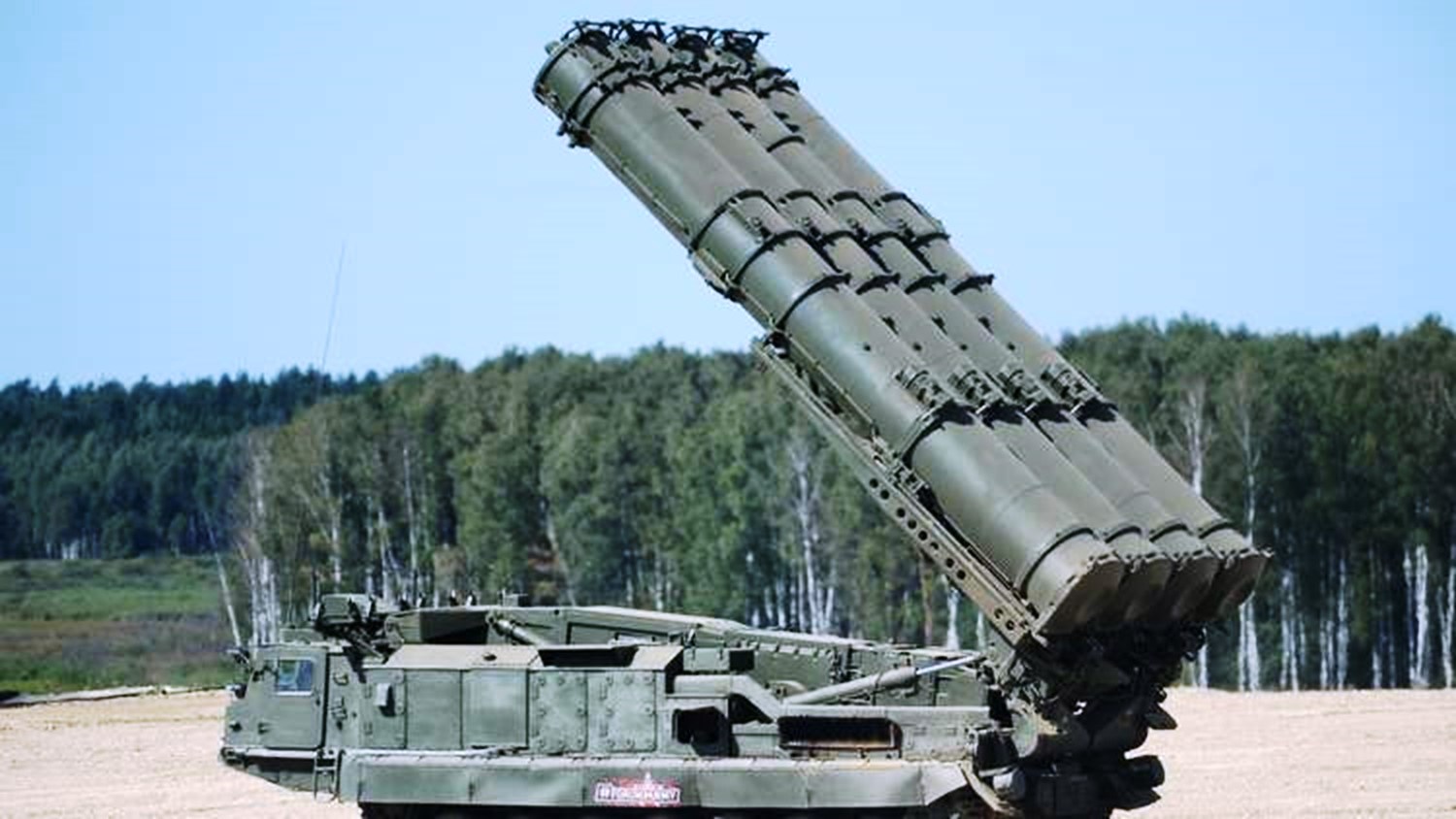
Shafaq News / Russian media reports are claiming Iraq is interested in purchasing S-400 and S-300 air defense systems as well as Sukhoi Su-57 fighter jets, but experts say Moscow is facing competition due to increased cooperation between Iraq and two regional powers: the United Arab Emirates and Saudi Arabia.
“While there was some discussion in [Iraq’s] parliament a year ago, I am not aware of any genuine interest in these systems then or currently in the [Ministry of Defence]. There’s also been no recent discussion of purchasing such items in parliament since early last year,” said Norman Ricklefs, head of the geopolitical consultancy NAMEA Group as well as a former adviser to Iraq’s interior minister and to the secretary general of the MoD.
He told Defense News that there doesn’t appear to be negotiations for the purchase of the S-300 or Sukhoi aircraft, though the MoD did previously consider the two platforms.
“Clearly the S-400 is a red line for the U.S.,” he said, referring to America sanctioning fellow NATO ally Turkey for purchasing the system. “But any other Russian weapons system purchases will probably be examined on a case-by-case basis, noting that the main U.S. intent is for Iraq to build the capacity to defend itself.”
Marine Gen. Frank McKenzie, commander of U.S. Central Command, said that as the U.S. reduces its military footprint in the Middle East, competing world powers Russia and China will seek to expand their regional influence.
“The Middle East writ broadly is an area of intense competition between the great powers. And I think that as we adjust our posture in the region, Russia and China will be looking very closely to see if a vacuum opens that they can exploit,” McKenzie said, per a report by The Associated Press.
Iraq’s attempts to find new sources of defense materiel are not new, and it already operates Russian military systems.
“Indeed, there has even been talk in the past of the MoD buying Mirage jets from France. The Iraqi MoD currently has the Russian Pantsir-S1 mobile anti-air defense system and is happy with it,” Ricklefs said. “There has also been talk of purchasing more Russian ‘Hind’ Mi-24 helicopter gunships for Army aviation. ... I don’t think this has reached the stage of serious negotiation.”
Aram Nerguizian, senior adviser with the Program on Civil-Military Relations in Arab States at the Carnegie Middle East Center, told Defense News that Russia could certainly play a role in upgrading or replacing some of Iraq’s aging systems.
“Iraq continues to operate Russian-sourced attack helicopters. Russia has already sold a variant of its T-90S main battle tank, but the larger question of how Iraq can effectively maintain a mixed fleet of U.S. and Russian armor is unclear. Russia also could try to sell Iraq systems that can augment armored mobility, fixed-wing multirole aircraft — 4.5-generation aircraft like the Su-35 and its derivatives — and continue to explore ways to offer Iraq options for layered air defense systems,” Nerguizian said.
One issue Iraq is currently grappling with is maintenance of its F-16 fighter fleet following Lockheed Martin’s announcement that it is withdrawing its maintenance teams for security reasons amid rocket attacks by militias.
Ricklefs noted that Iraq wants to expand its relationship with Saudi Arabia and the UAE, and that efforts appear to be developing well.
In January, an Iraqi delegation led by the country’s defense minister, Juma Inad Saadoun, visited the UAE to strengthen bilateral collaboration, with a focus on military cooperation.
On March 31, Saudi Arabia and Iraq agreed to boost security cooperation after Saudi Crown Prince Mohammed bin Salman and Iraqi Prime Minister Mustafa Al-Kadhimi met and agreed to continue coordinating counterterrorism efforts. A joint statement issued after the meeting also revealed an agreement to boost economic cooperation, starting with the creation of a joint fund worth $3 billion.
In addition, Ricklefs said on May 31, “Iraq’s defense minister has just traveled to [the kingdom of Saudi Arabia] in the last few days. No contracts were signed, but discussions on expanding the defense relationship will continue.”
But Theodore Karasik, senior adviser at the U.S. think tank Gulf State Analytics, disagreed with the first point: “Above all, two things must be settled. First a restructure of the defense procurement process should take place to end the corruption in this process and to increase transparency and supervision. Second, Iraq should evaluate the needs of its security environment to envision the future of the battlefield.”
Karasik also doesn’t expect Iraq to buy the Russian S-300, but he believes the two countries might cooperate in the field of counter-drone technology.
Alexander Jalil, an analyst at Gulf State Analytics, noted that Russian arms are usually cheaper than American ones, which helps the case for a pivot toward Russian weapons.
Source: World Defense
